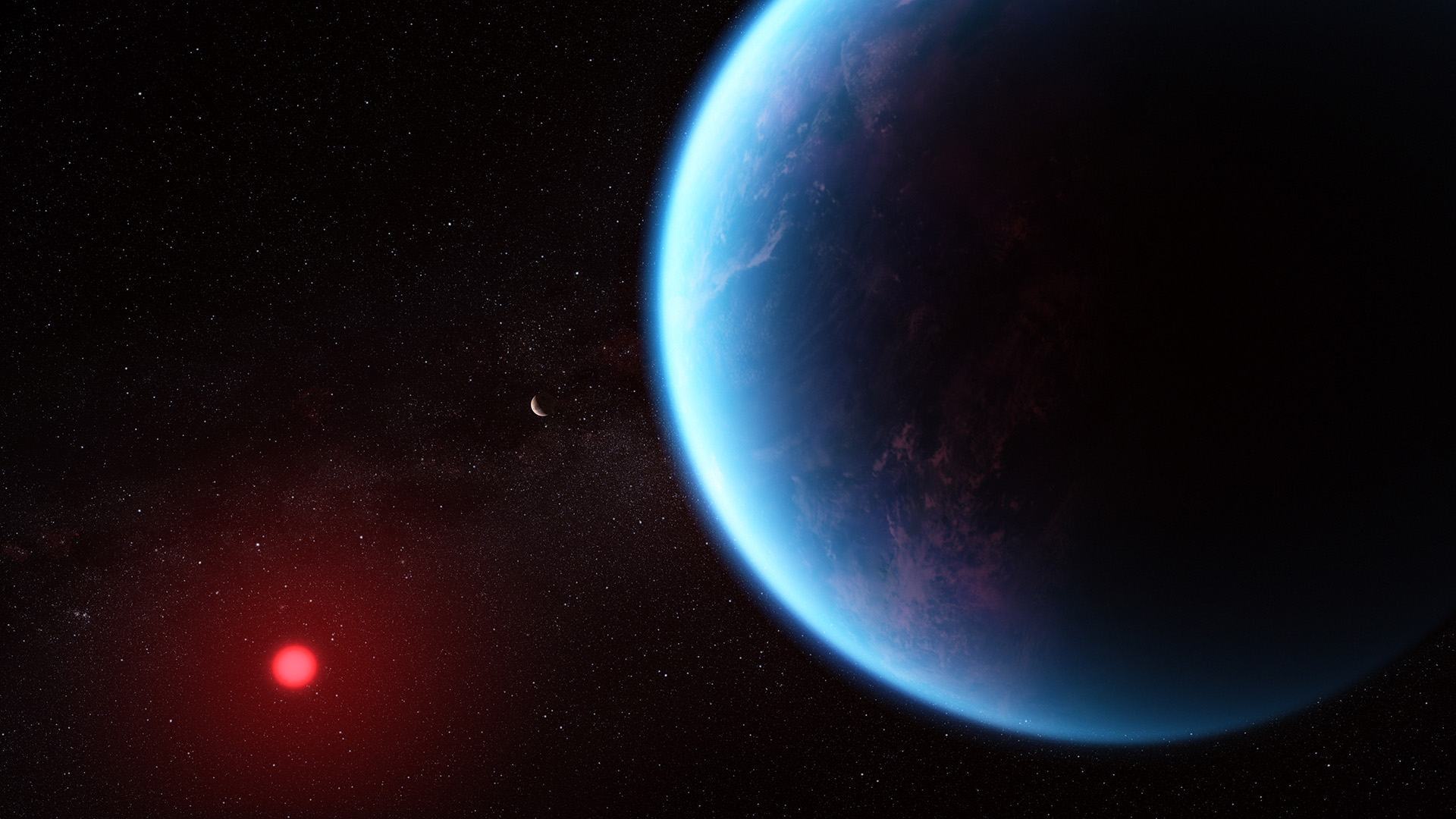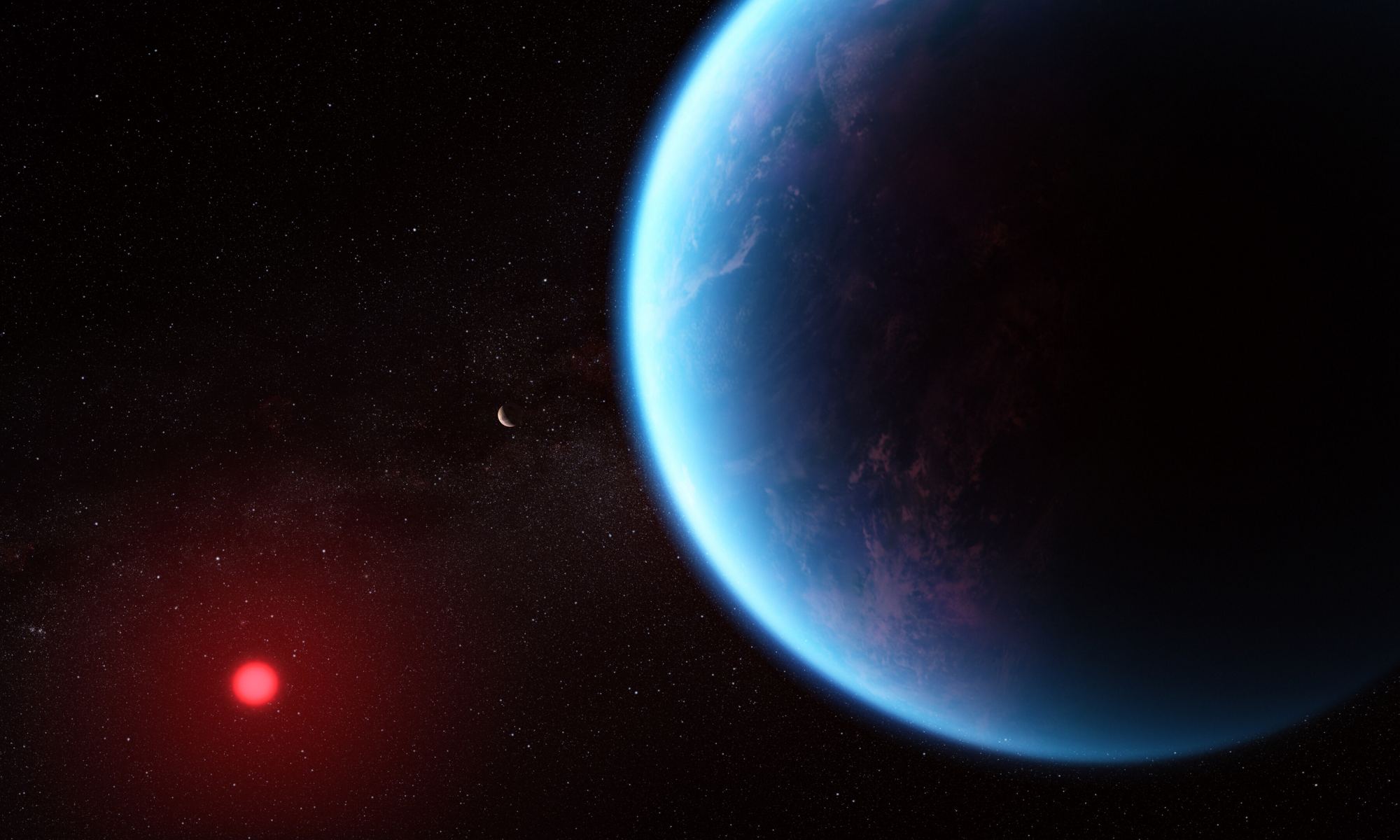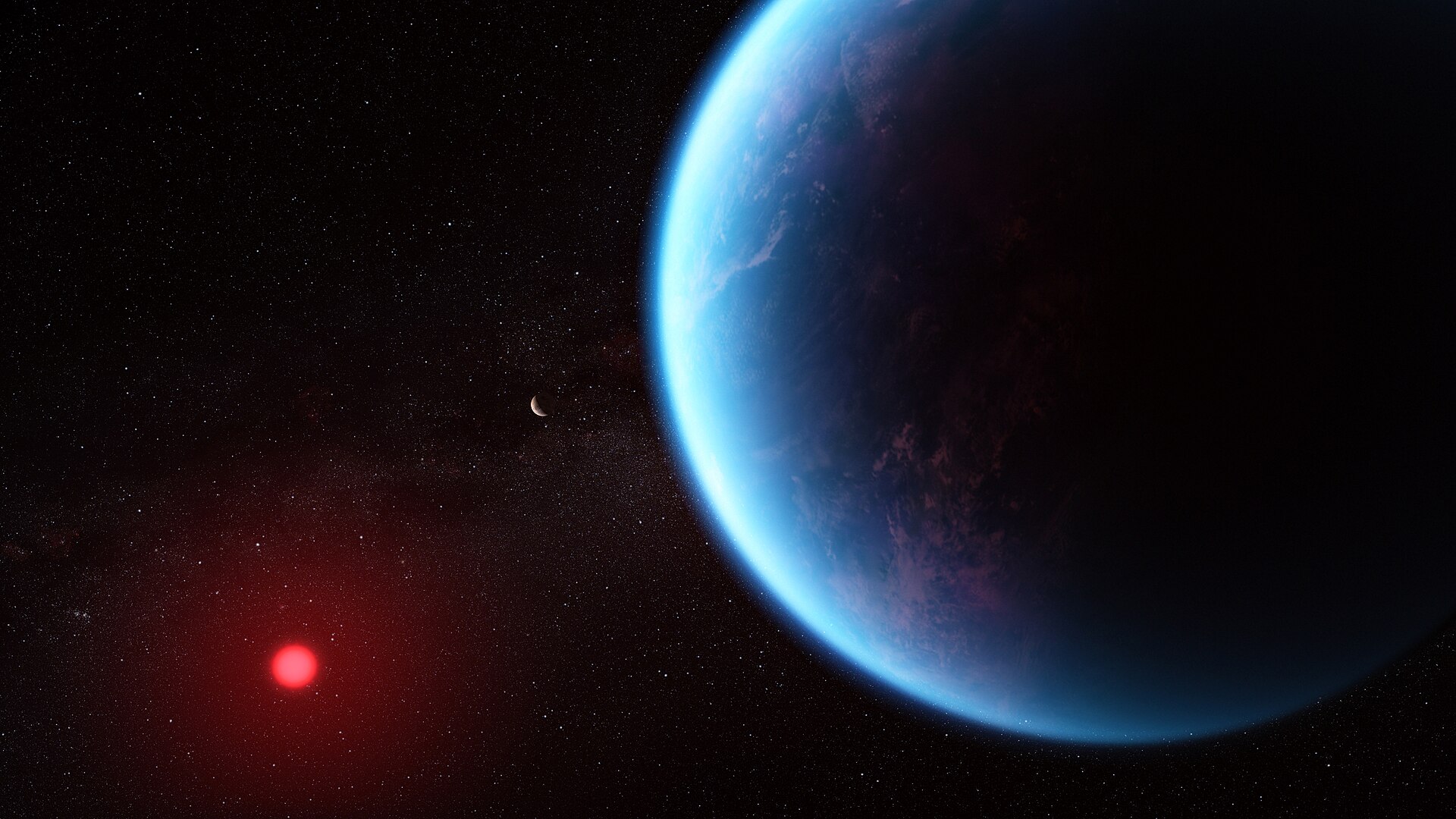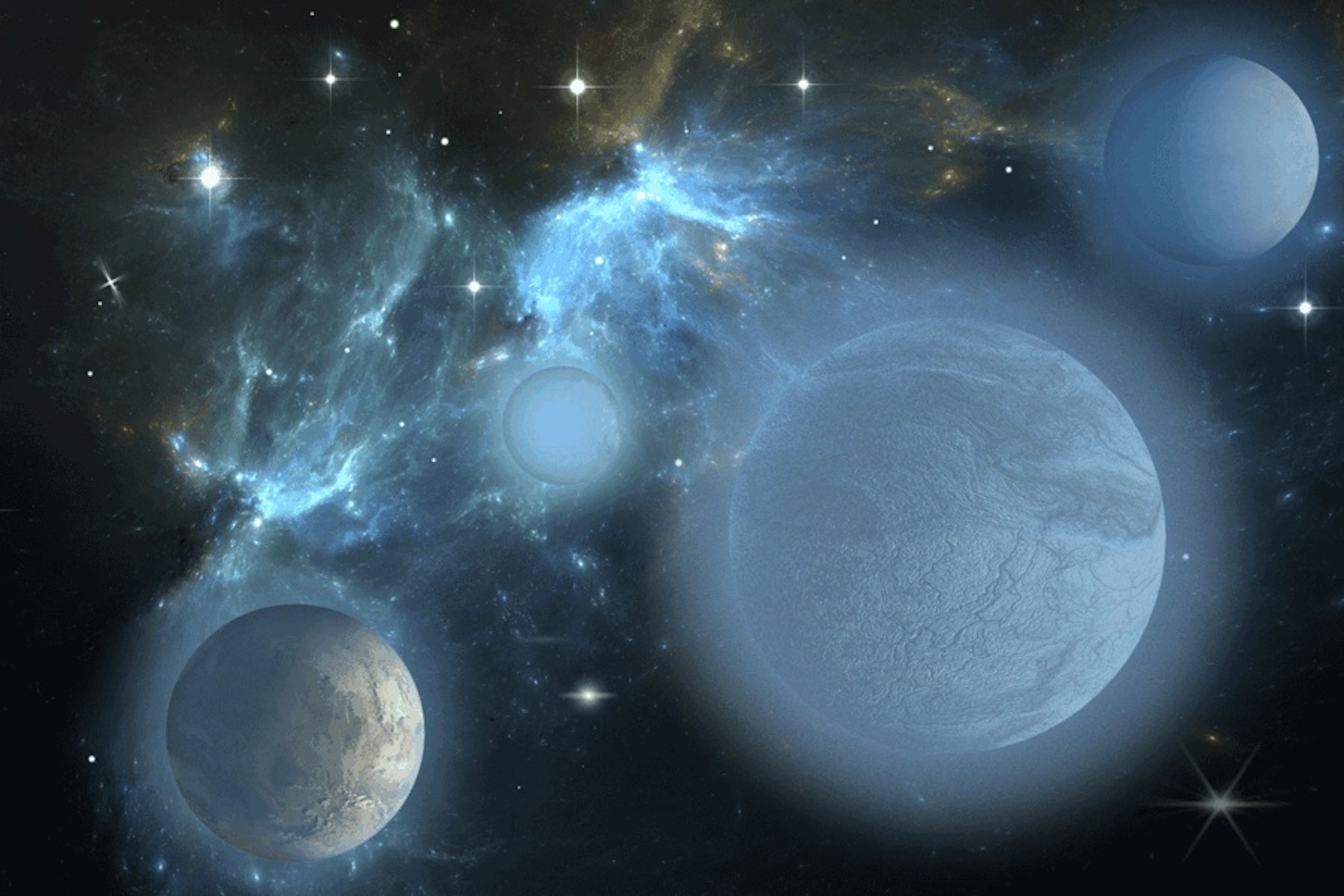The search for planets beyond our Solar System (extrasolar planets) has grown by leaps and bounds in the past decade. A total of 4,514 exoplanets have been confirmed in 3,346 planetary systems, with another 7,721 candidates awaiting confirmation. At present, astrobiologists are largely focused on the “low hanging fruit” approach of looking for exoplanets that are similar in size, mass, and atmospheric composition to Earth (aka. “Earth-like.”)
However, astrobiologists are also interested in finding examples of “exotic life,” the kind that emerged under conditions that are not “Earth-like.” For example, a team of astronomers from the University of Cambridge recently conducted a study that showed how life could emerge on ocean-covered planets with hydrogen-rich atmospheres (aka. “Hycean” planets). These findings could have significant implications for exoplanet studies and the field of astrobiology.
Continue reading “Ocean Worlds With Hydrogen-Rich Atmospheres Could be the Perfect Spots for Life”





